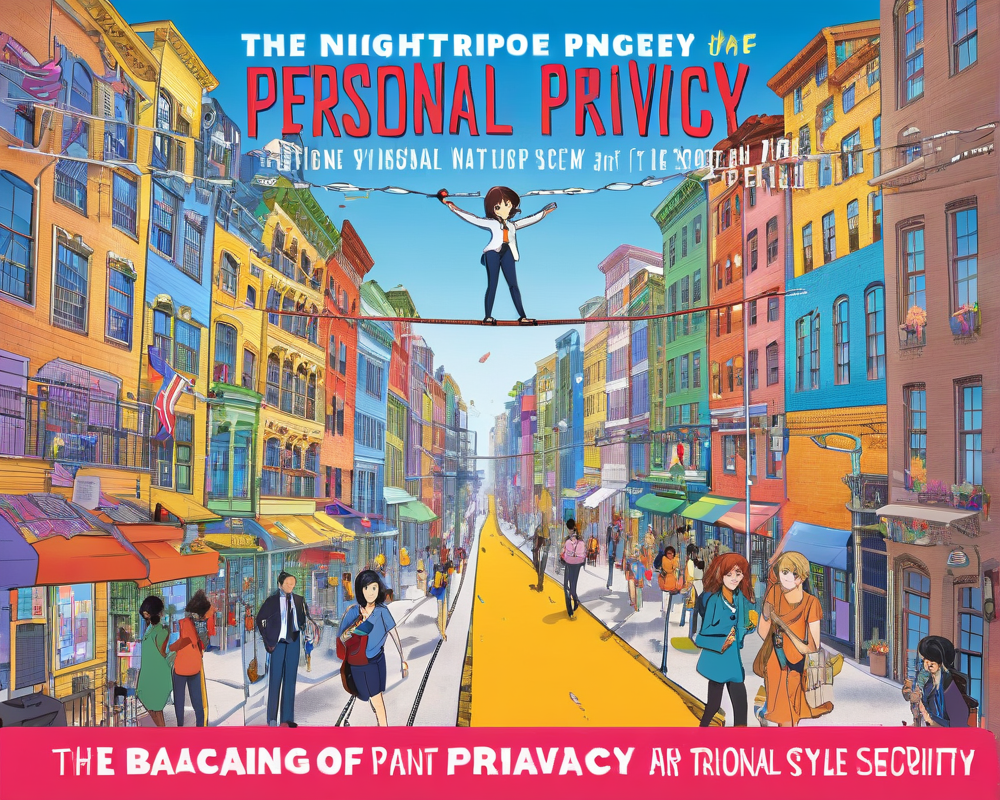Digital Rights Revolution: A New Era for Artists
Oleg Kenzov, a notable figure in Russian pop, has made a splash in the music scene with the first digital rights transfer of his song, “Po Kaifu,” utilizing blockchain technology backed by government support. This initiative marks a significant leap forward in the way artists manage their creations.
The Bigger Picture: Who’s Involved?
In a deal orchestrated by Soyuz, the licensing agreement with FONMIX allows Kenzov’s catchy tune to be played in various venues such as stores, restaurants, and gyms for promotional purposes. Not just a solo endeavor, this transfer drew attention from the big wigs in the music industry, including representatives from Warner Music Russia, Sony Music, Universal Music, and Zhara Music label. Talk about good company!
Fast and Efficient: A Ten-Minute Turnaround
What’s remarkable is the speed at which this process takes place. Thanks to the blockchain platform IPChain, artists can transfer their digital rights and receive immediate payments—all in less than ten minutes! This efficiency could be a game changer for indie artists striving for recognition without getting tied down in bureaucratic tape.
Why Blockchain? The Answer is Clear
“What we did has no precedent,”
Andrey Krichevsky, president of the IPChain Association, shares his insight on the landmark achievement. While blockchain has often been seen as an enigma in the music world, Krichevsky insists that it’s all about creating a collaborative and profitable atmosphere for both labels and artists alike. “We are finally ready to give a concrete answer to our colleagues’ question: ‘Why?’” he states.
Crypto as the Future: Survey Insights
The tides might also be shifting in payment methods. According to a recent survey by eMusic, a digital music store, some 65% of its users would be thrilled to use cryptocurrency if it meant artists could bank more bucks. However, with only 8% of respondents having dabbled with Bitcoin or other cryptocurrencies before, it looks like the adoption of crypto in the music industry is still in its infancy.
Conclusion: A Steps Towards Change
Oleg Kenzov’s move represents more than just a licensing deal; it’s a glimpse into the future of music distribution—where artists can keep their art in their hands and earn their dues faster than you can say “streaming services”. The music industry is evolving, and perhaps, it’s time we all let go of some of our preconceived notions about how music should be managed and monetized.




